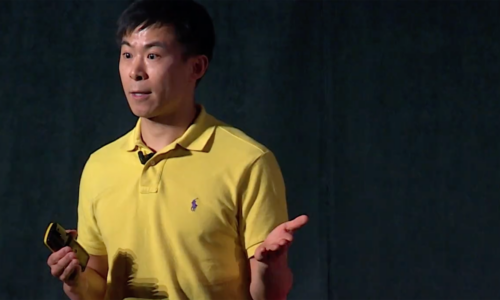From science denial to post-truth: why and how to fight back
Disinformation is not new. In the 1950s, Big Tobacco embarked on a strategy to cast doubt on scientifically proven links between smoking and cancer, thus paving the way for decades of science denial, from flat earth to climate skepticism. Now the latest avatar of disinformation, “post-truth” in the political arena, is threatening democracy – and needs to be combatted in the same way.
Isn’t “post-truth” just old-fashioned lying?
Once upon a time, when untruths on the part of politicians were exposed as spin-doctoring or plain lies, you could at least expect some sort of mea culpa. This doesn’t happen with post-truth. What is insidious is that there is no attempt to convince because, just by using the lie, those in a position of power are able to subordinate reality. Hence the phrased coined by a historian that post-truth is pre-fascism.
But why are people willing to believe obvious untruths?
Precisely because they’re phrased as questions of personal belief, that relate to identity and belonging, not as matters of objective facts and evidence.
How can we combat disinformation when it is carried out on such a massive scale?
Science denial works with illogical reasoning and cherry-picked evidence, but you can’t fight it by calling people irrational or stupid. Similarly, to fight back against post-truth, you need to engage with people one-on-one, gain their trust, and keep the dialogue open – even if this makes for uncomfortable conversations around the table at Thanksgiving.
© Copyright Business Digest - All rights reserved




